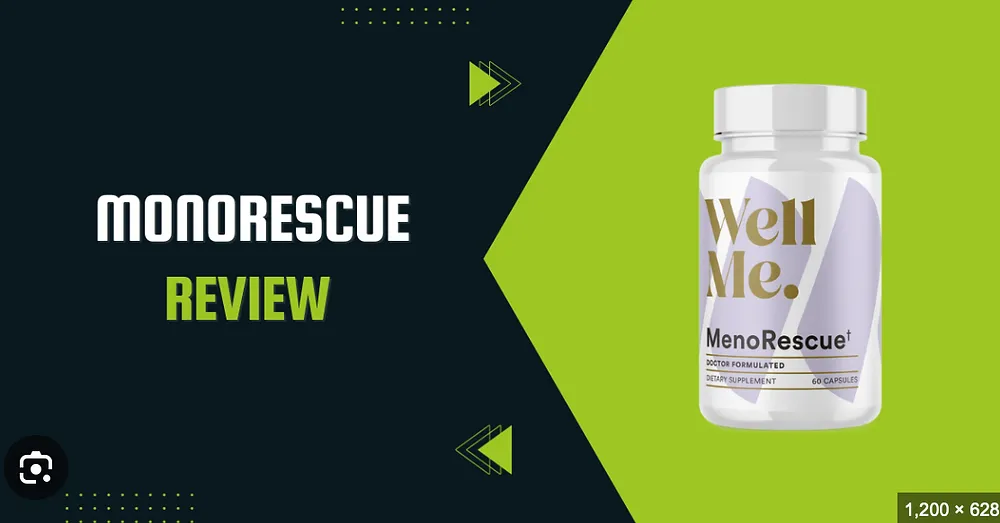
Inside the World of Menorescue: A Closer Look at How They Save Lives
Menorescue teams are a vital part of emergency response efforts around the world. These highly trained individuals are often the first on the scene in disaster situations, providing critical medical care and rescue services to those in need. In this article, we will take a closer look at the world of Menorescue, exploring who they are, what they do, and how they save lives.
Who are Menorescue Teams?
Menorescue teams are specialized emergency response units that are trained to handle a wide range of rescue situations. These teams are typically made up of highly trained individuals with backgrounds in emergency medicine, search and rescue, and other related fields. Menorescue teams are often called upon to respond to natural disasters, such as earthquakes, hurricanes, and floods, as well as man-made disasters, such as terrorist attacks and industrial accidents.
Menorescue teams are typically comprised of a mix of professionals, including doctors, paramedics, firefighters, and other first responders. These teams work together to provide critical medical care and rescue services to those in need, often in hazardous and challenging conditions. Menorescue teams are known for their quick response times and their ability to work effectively under pressure.
What Do Menorescue Teams Do?
Menorescue teams are trained to handle a wide range of emergency situations, including medical emergencies, search and rescue operations, and disaster response. These teams are often called upon to provide medical care to those who are injured or trapped in dangerous situations, as well as to extract individuals from hazardous environments.
In addition to providing medical care, Menorescue teams are also trained in search and rescue techniques, including rappelling, climbing, and diving. These teams are often called upon to locate and extract individuals who are trapped in collapsed buildings, flooded areas, or other dangerous environments.
Menorescue teams also play a critical role in disaster response efforts, providing medical care and rescue services to those affected by natural disasters, such as earthquakes, hurricanes, and tsunamis. These teams work quickly to assess the situation, prioritize medical care, and evacuate those in need to safety.
How Do Menorescue Teams Save Lives?
Menorescue teams save lives by providing critical medical care and rescue services to those in need. These teams are trained to assess the situation quickly, prioritize medical care, and provide life-saving treatment to those who are injured or trapped in dangerous situations.
Menorescue teams are often called upon to provide medical care in remote or hard-to-reach areas, where traditional emergency services may not be readily available. These teams are trained to work effectively in challenging environments, such as mountains, jungles, and deserts, and to provide medical care to those who are injured or ill.
In addition to providing medical care, Menorescue teams are also trained in search and rescue techniques, allowing them to locate and extract individuals who are trapped in dangerous situations. These teams are equipped with specialized equipment, such as ropes, harnesses, and rescue vehicles, to help them access and extract individuals from hazardous environments.
FAQs:
Q: How do Menorescue teams differ from traditional emergency services?
A: Menorescue teams are specialized emergency response units that are trained to handle a wide range of rescue situations, including medical emergencies, search and rescue operations, and disaster response. These teams are often called upon to provide medical care in remote or hard-to-reach areas, where traditional emergency services may not be readily available. Menorescue teams are trained to work effectively in challenging environments, such as mountains, jungles, and deserts, and to provide medical care to those who are injured or ill.
Q: What kind of training do Menorescue teams undergo?
A: Menorescue teams undergo rigorous training in emergency medicine, search and rescue techniques, and disaster response. These teams are often made up of highly trained professionals, including doctors, paramedics, firefighters, and other first responders. Menorescue teams train regularly to maintain their skills and stay prepared for any emergency situation.
Q: How can I support Menorescue teams?
A: There are several ways to support Menorescue teams, including donating to organizations that support their work, volunteering with local emergency response agencies, or participating in training programs to become a Menorescue team member yourself. Additionally, spreading awareness about the important work that Menorescue teams do can help to increase support for their efforts.
In conclusion, Menorescue teams play a critical role in emergency response efforts around the world, providing critical medical care and rescue services to those in need. These highly trained individuals work tirelessly to save lives in challenging and dangerous situations, often risking their own lives in the process. By supporting Menorescue teams and raising awareness about their important work, we can help to ensure that they have the resources and support they need to continue saving lives.